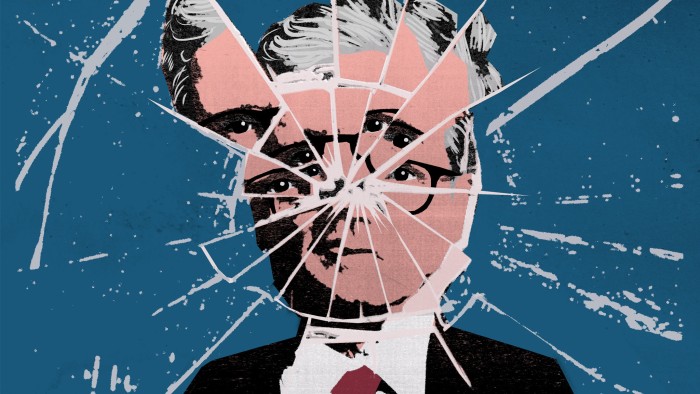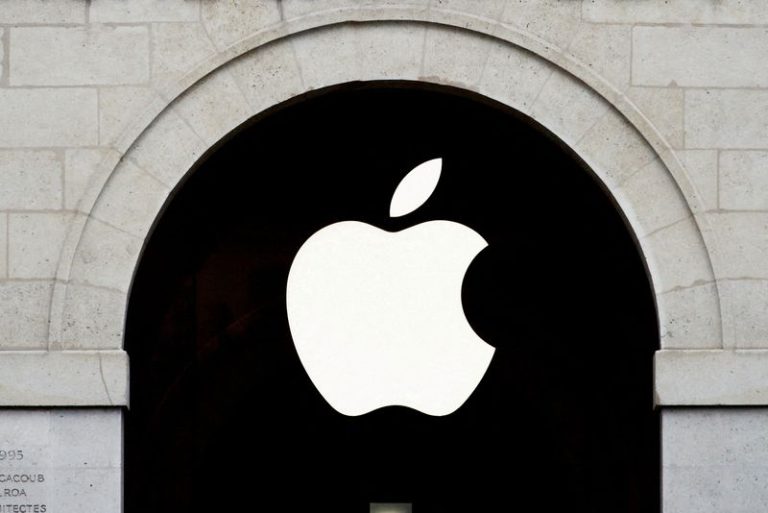Unlock the Editor’s Digest for free
Roula Khalaf, Editor of the FT, selects her favourite stories in this weekly newsletter.
Is Keir Starmer a radical reformer or a repairman? One reason why the prime minister is struggling so soon after winning power is that his nervy choices reveal him as unsure which of the two he wishes to be — or more accurately, which of the two he wants to be seen as.
This confusion is as much in the eyes of his party as those of the country. The primary cause of his political difficulties are the broken public finances and public services Labour inherited and the choices forced on him by his own big electoral decision not to raise personal taxation.
But these are exacerbated by the lack of clarity over Starmer’s beliefs, a vagueness he fostered in opposition. MPs see close aides talking up socially conservative Blue Labour values, his hard line on immigration and a Treasury orthodoxy they believe is crushing the reform mission. This apparent values gap partially explains the growing internal resistance to his welfare and spending cuts. Labour’s backbenchers, burned by bad local election results, chafe against chancellor Rachel Reeves’ fiscal straitjacket and demand tax rises to fund public services.
So Starmer suddenly finds himself forced into a partial U-turn on pensioners’ winter fuel payments and sideswiped by a leak about his deputy leader’s demands for tax rises on the better-off. Angela Rayner’s ideas would barely dent Labour’s revenue challenges but they communicated her pure Labour principles to the party. By contrast, MPs fret about both Starmer’s values and his decision-making.
All leaders must zig and zag with the electoral winds, but Starmer is such a serial shifter that MPs struggle to discern what Tony Blair once called the leader’s “irreducible core”. Is he old right, new left or most terrifying of all, just deeply unideological?
The signal they get from Starmer is that welfare cuts are tailored to Treasury requirements and spending restraint takes priority over tax rises. He is right that economic growth is the only sustainable foundation for funding public services. But other policies are hampering that goal so the best he can offer is, trust the process. Labour MPs do not go into politics to cut spending — and they wonder about his instincts and judgment. Starmer’s utilitarianism leaves the relationship suffering from “unreliable boyfriend” syndrome. Voters and, indeed, many of his own party aren’t sure where his commitment lies or if he is solely guided by opinion polls.
And yet this week offers an instructive glimpse of his values. It came in Thursday’s sentencing reforms which could see thousands of convicted criminals released from prison early or avoiding it altogether. Labour states that this has been forced on it by the overcrowding crisis bequeathed by the Tories. True, but it could have responded with an even larger prison-building programme than the one envisaged.
Instead, it intends to contain the prison population, by using community sentences to replace short jail terms and offering reductions in jail time for good behaviour through greater use of tagging, house arrest and other schemes. This will eventually free up around 9,800 spaces, significantly reduce the number of women behind bars and, they hope, ease reoffending rates.
There are strong arguments for a rethink of policies that gave parts of the UK the highest incarceration rate in western Europe, around double that of Germany and the Netherlands. Labour has sought political cover by getting a former Tory justice secretary, David Gauke, to lead the review.
But even with the need for a long-term solution to overcrowding, and masked with the odd harsh flourish, the politics of lower sentences are still horrible. It’s the kind of issue you need a huge amount of political capital to drive through. Starmer has almost none but he is doing it anyway.
That this is what Starmer really believes in was shown in one of his very first moves as prime minister when he made the businessman and prison reformer James Timpson his prisons minister. The coming weeks will also see plans to cut the crown court backlog by reducing jury trials.
This is authentic Starmer, albeit on familiar territory. And it is of a piece with other bold strokes in the name of order, from planning reform to clean energy. Yet the prime minister often opts for stealth radicalism, couching change in the rhetoric of the repairman. Even this week’s modest Brexit reset was so nuanced that few were certain whether it marked the beginning of the march back to Brussels or a tidying up that embeds the rupture.
There is an obvious logic to caution. There are limits to the taxes Labour can raise and progressive causes that need to be approached on tiptoe.
None of this absolves him of poor decision-making or the increasingly obvious fact that most leading ministers were inadequately prepared for office. And for all Starmer’s cloaked show of principle on prisons, his MPs will worry that being tender to criminals and tough on welfare recipients is the wrong display of benevolence.
But trust is Starmer’s essential problem. Voters have never warmed to him and swaths of MPs are unsure of his values. He may be unlucky in his economic inheritance but for too many, he is that unreliable boyfriend. And if you hide your ambitions behind a creed of simply doing what works, you will struggle to be seen as a keeper if it doesn’t seem to be doing so.







